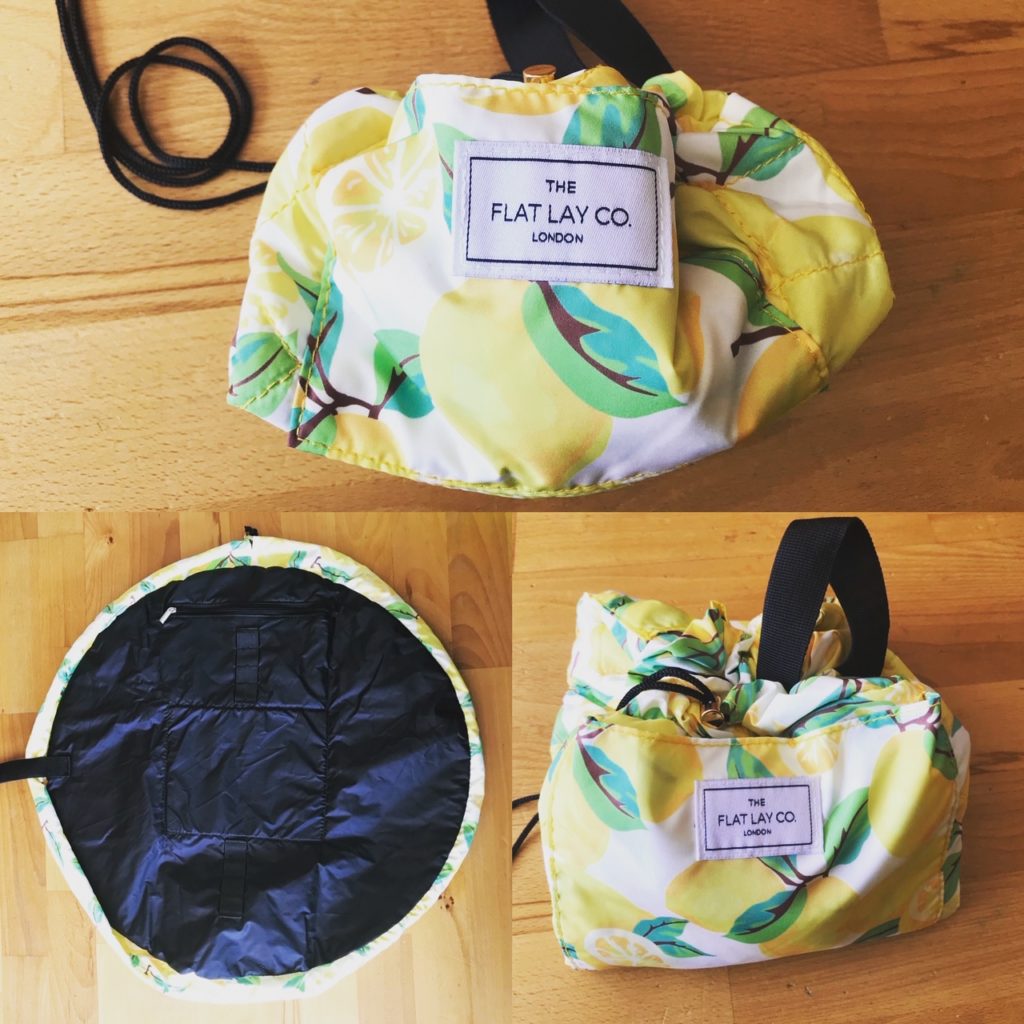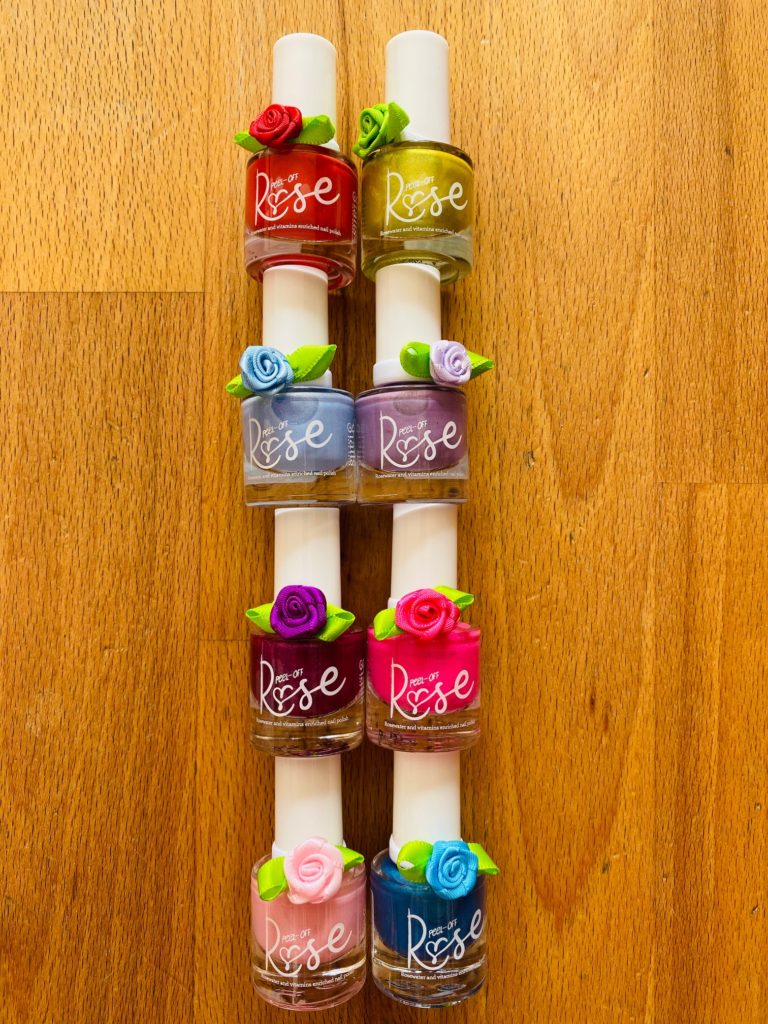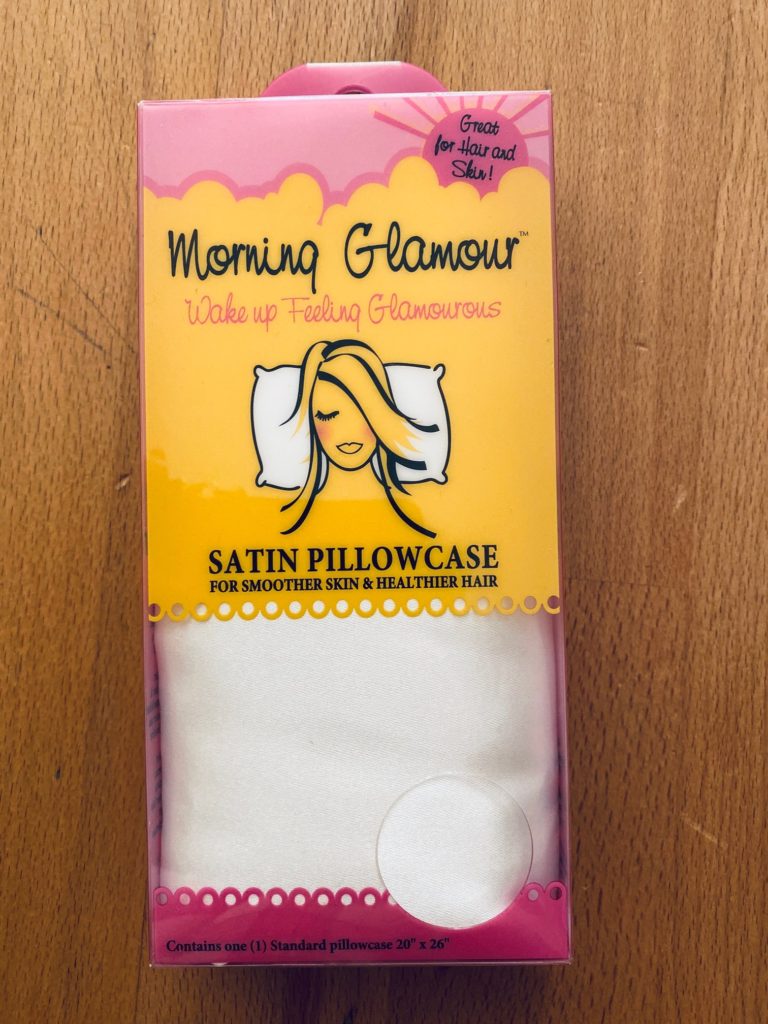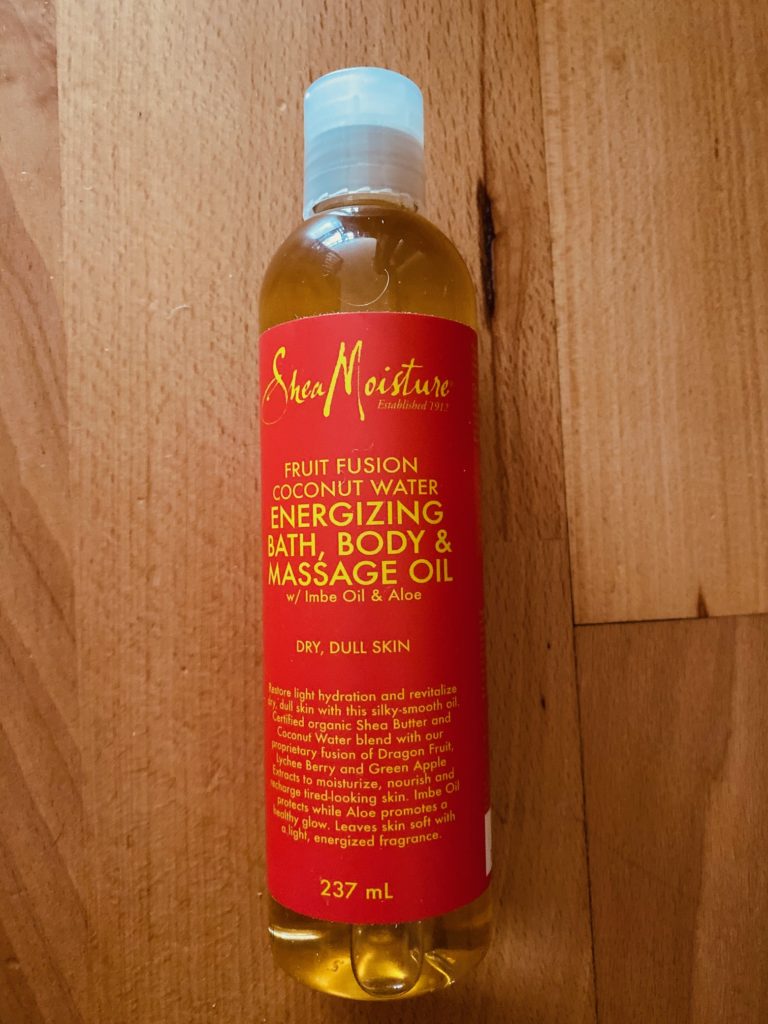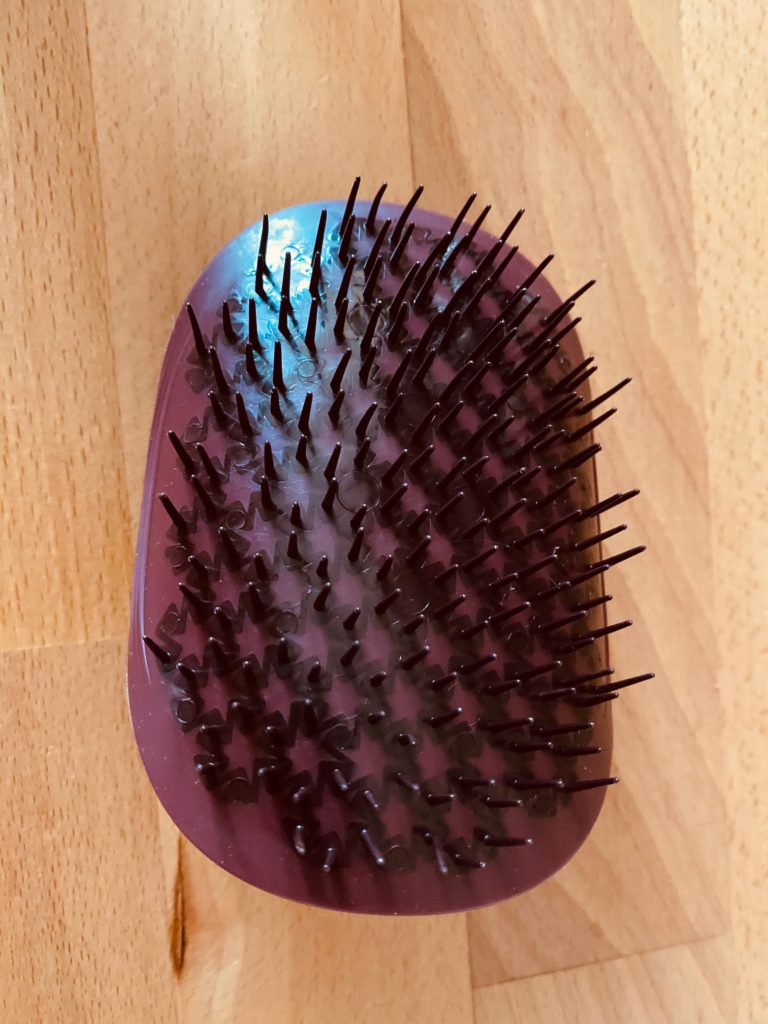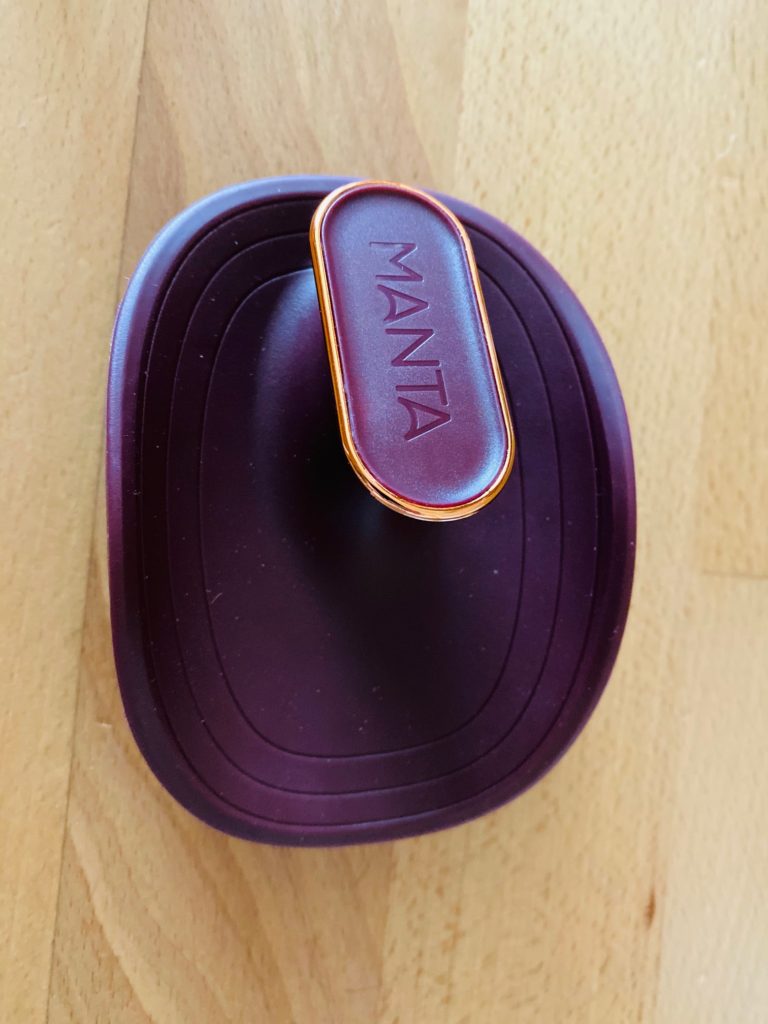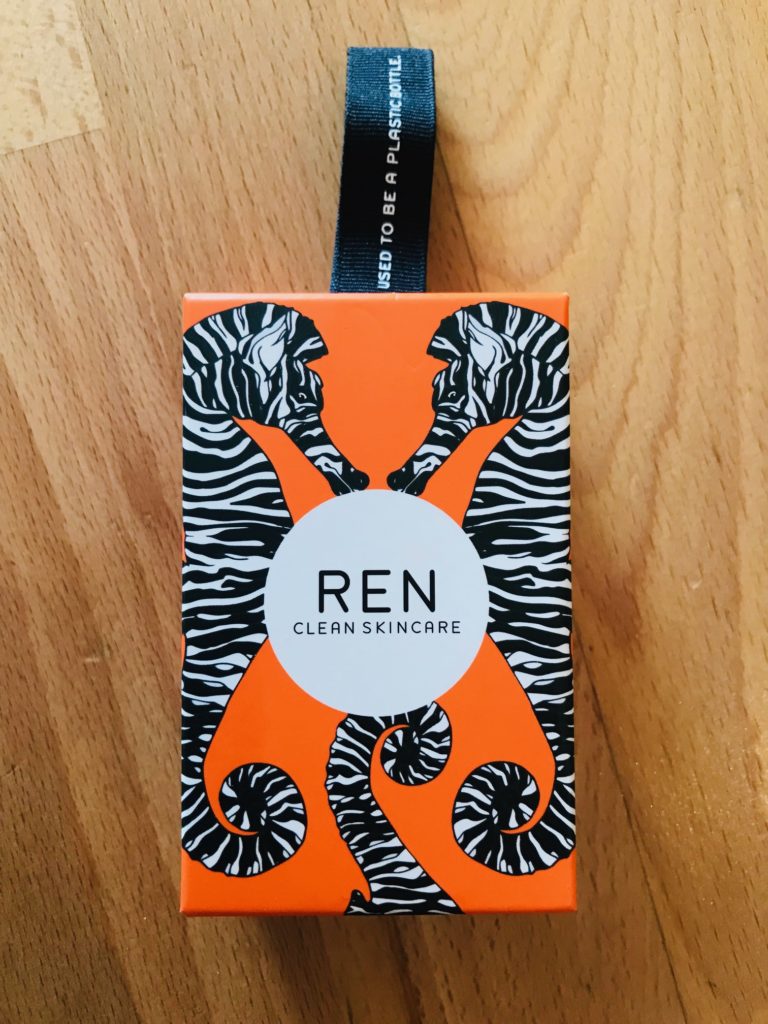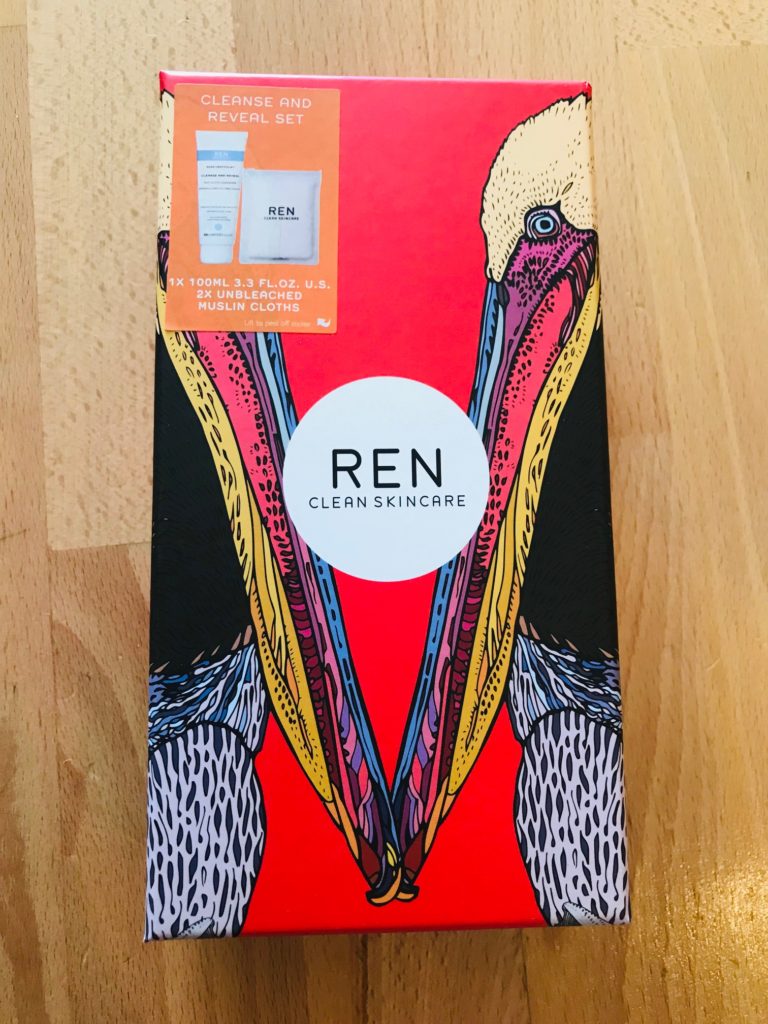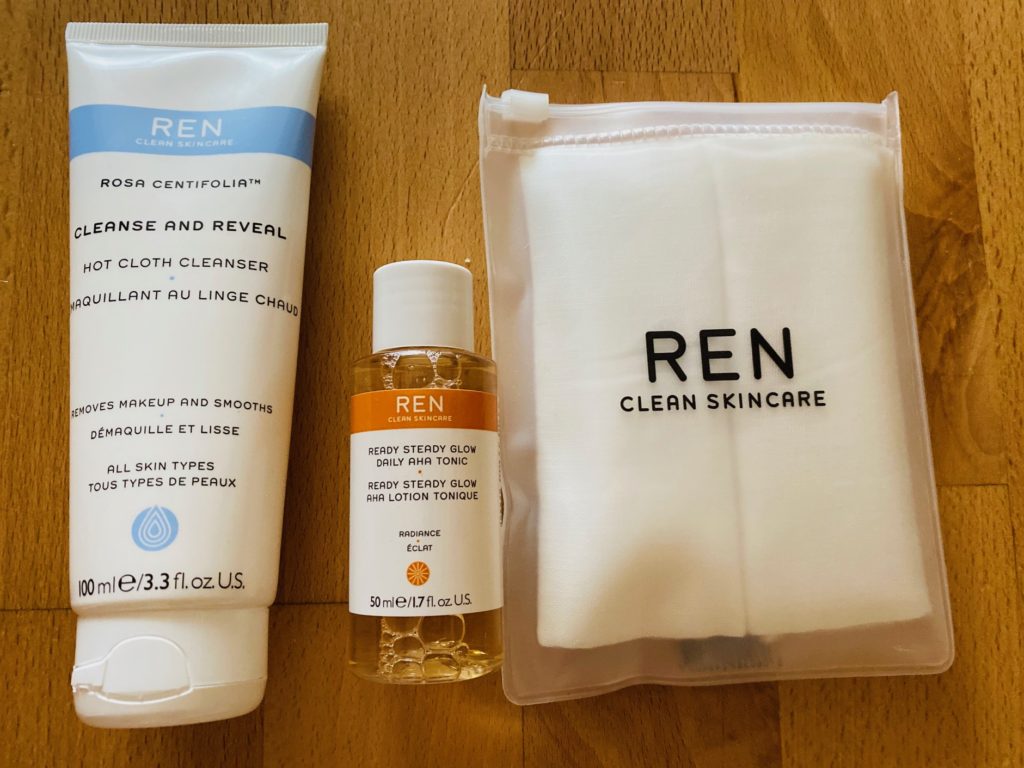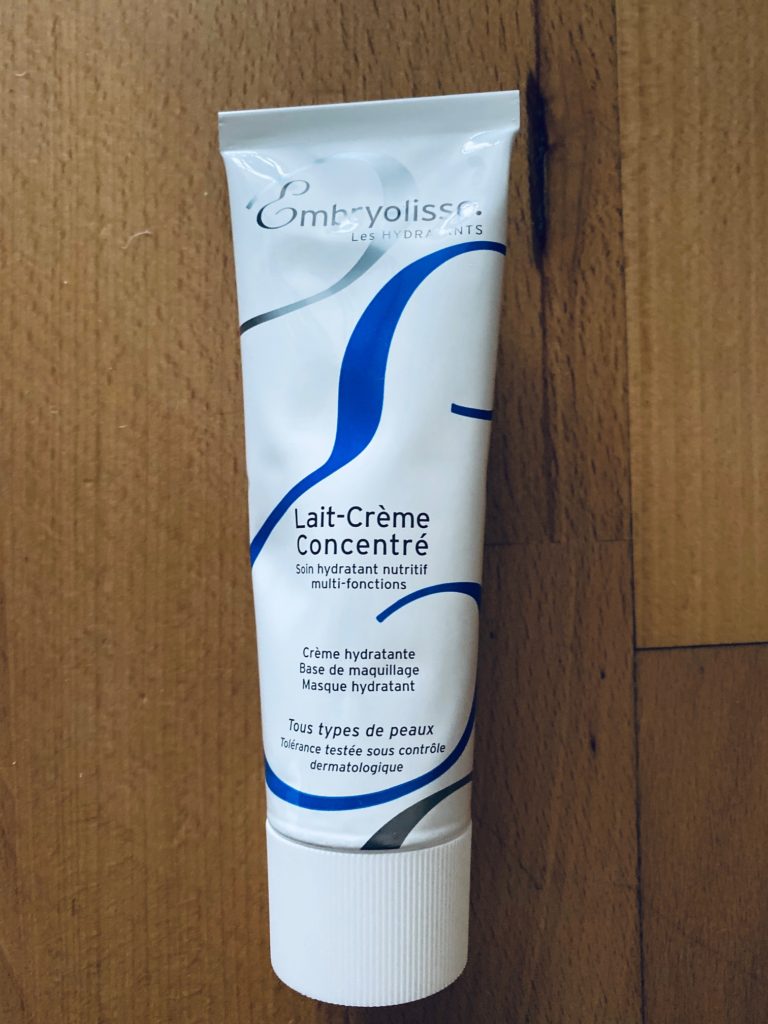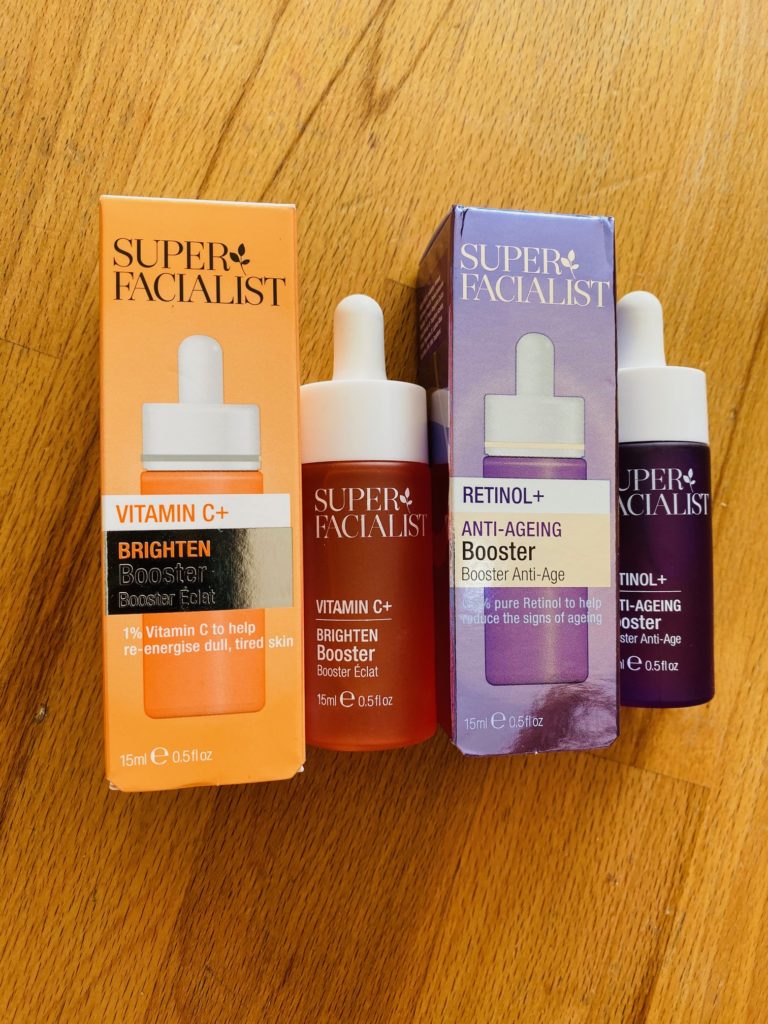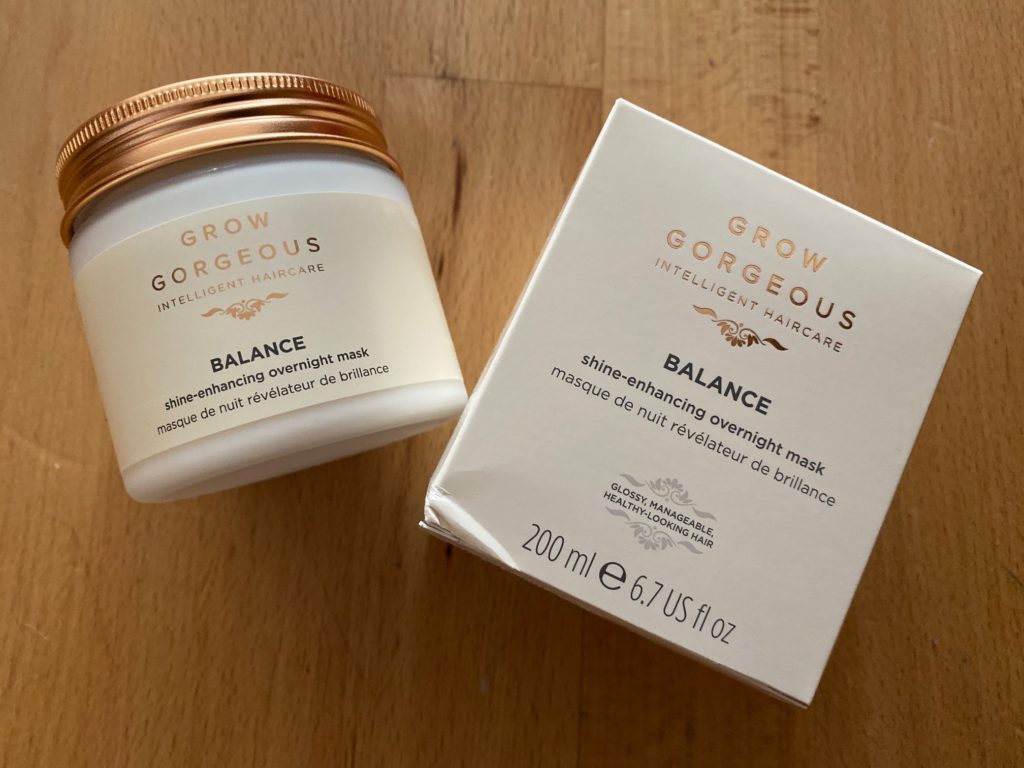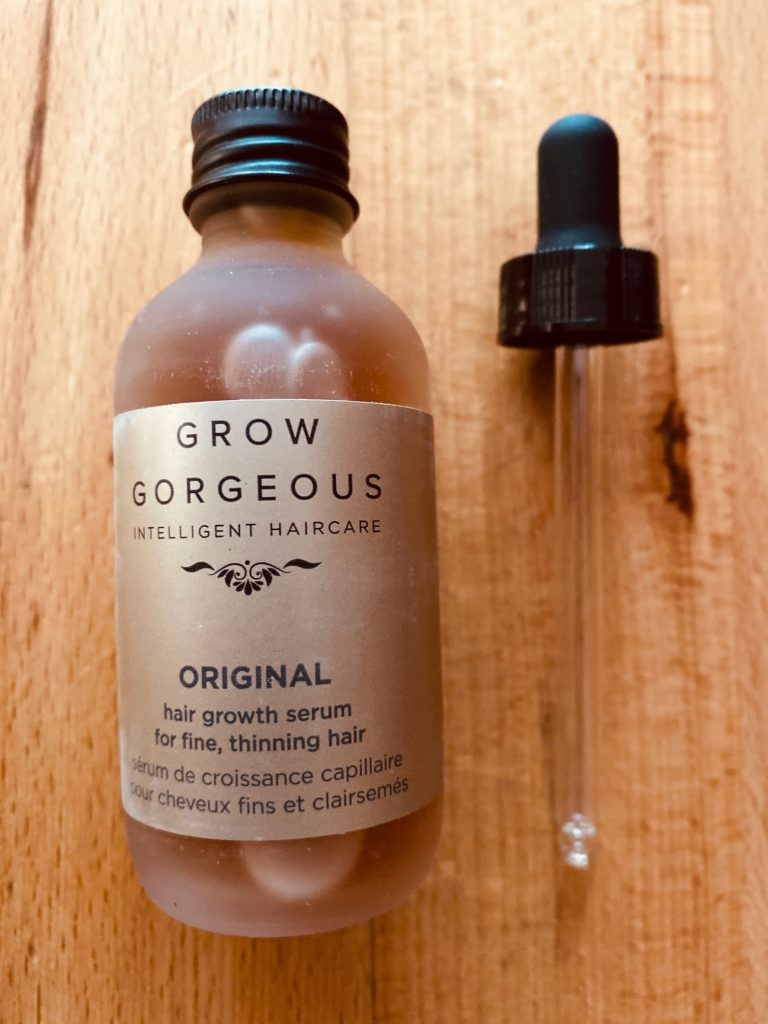This is an amazing open flat makeup bag and cosmetics mat. This one is in Lemon. There is an “essentials” one which is the smaller one and carries 6 pieces of makeup comfortably. The bigger one is 52 diameters when open. Stylish and convenient: this is a beauty winner. Why did no one think of it before?
Safe Nail Polish That Peels Off.
Multi-award winning company Safe ‘n’ Beautiful have unveiled Snails Rose. It is a vitamin enriched kids nail polish. It is a peel-off formula that encompasses rosewater together with Vitamins C and H. It comes in 12 gorgeous shades. The bottles look gorgeous and the nail polish is too. Full beauty marks.
Morning Glamour Satin Pillowcase.
I love sleeping on a satin pillow case. It really does make a huge different. This is a perfect stocking filler.
Megan Barton Hanson’s beauty essential
Megan Barton Hanson has hailed the Morning Glamour Silk Pillowcase a “game-changer.”
Megan says “Keeping my hair frizz-free and healthy is super important to me, and with my Morning Glamour Satin Pillowcase from @makeupboxldn_ I’m getting my best beauty sleep. The satin stops my hair from getting damaged in my sleep, plus it keeps my sleep wrinkles at bay – absolute game changer.”
Silk Pillowcases have a vast variety of benefits and are becoming increasingly popular with consumers. They help to keep skin clear and prevent breakouts, as they provide a gentle, smooth surface that does not dry the skin out. The smooth surface also helps to reduce friction in the hair as it helps to eliminate hair loss, reduces breakage and prevents snagging which can lead to the static, frizzy look. The non-absorbent qualities of satin mean that any oils applied to the skin at night are retained in the skin and not transferred and helps the hair to retain moisture and prevent it from becoming dry and brittle.
Morning Glamour Silk Pillowcase Makeupbox-ldn.co.uk
Shea Moisture Fruit Fusion Coconut Water Energising Bath & Body & Massage Oil.
This is an amazing multi-tasking product. You can use it as a bath oil, for a massage, or just rub it in as a body oil. Another great stocking filler.
From www.boots.com
Manta Exclusive Limited Edition Colour Hair Brush
This is a brilliant hair brush. The colour and style are gorgeous too.
NEW! Exclusive Limited Edition colour with Manta Brand Ambassador, Zoe Irwin.
The Manta is the first brush to mould to the shape of your hand and scalp, creating less tension on each strand while massaging the scalp for fuller, healthier, shinier hair.
The patented FLEXGUARD technology on the base enables each bristle to have complete 360 degree motion to gently free knots and minimise breakage. The Manta glides responsively through hair for minimum breakage and maximum shine.
It appeared earlier this year on a BBC1 consumer programme called the ‘customer is always right’. The programme takes a panel of consumers and bloggers and gets them to review new innovations while the inventors sit and listen to the feedback. Manta won the trophy by a landslide. It’s an amazing product, literally a super gentle hairbrush for anyone who is struggling with fine, broken or fragile hair or just really wants their hair to be super healthy.
REN Clean Skincare
It is harder to get better than REN Clean Skincare. It works so well. Anyone would be delighted to receive the Rosa Centifolia Cleanse and reveal Hot Cloth Cleanser or the All is Bright stocking filler. High quality skincare that really works.
This years gift sets are in collaboration with renowned illustrator, Silken Favours, and pay homage to the ocean and it’s creatures. All sets come in FSC-approved 100% recyclable boxes with biodegradable lamination and are printed with vegetable based inks.
Embryolisse Lait-Créme Concentré
This Parisian favourite is a multipurpose moisturising cream rich in natural active ingredients. You can even use it on babies. It has a mixture of shea butter, beeswax, soy and aloe vera.It is creamy and can even be used as a make-up removing cleanser, as a face mask, a primer, or your daily moisturiser. It even works well as a shave balm for men. Paraben-free.
Super Facialist
These are both brilliant and make excellent presents.
Retinol+ Anti-Ageing Booster, 15ml, £20.00
A high-quality retinol that won’t break the bank, Super Facialist’s NEW Retinol+ Anti-Ageing Booster can be added to any moisturiser or serum to create your own personalised skincare regime, based on your skin’s needs. Containing 0.3% pure Retinol, to help improve the appearance of fine lines, wrinkles and skin tone, whilst increasing skin firmness. White Lupin Seed Extract stimulates the synthesis of collagen to improve elasticity and firmness, whilst added Vitamin E and Sweet Almond Oil nourish and protect the skin, leaving it radiant and smooth.
Vitamin C+ Brighten Booster, 15ml, £18.00
This NEW Vitamin C+ Brighten Booster, gives your skin a boost of pure radiance simply by adding a few drops to your favourite moisturiser or serum. Containing a combination of 1% Vitamin C and Pomegranate Flower, these ingredients work together to reduce the appearance of wrinkles and protect against harmful UV effects. With added Allantoin to increase moisture retention and Vitamin E for its powerful antioxidant benefits, this booster helps to promote a healthy, radiant glow.
Available from www.boots.com, www.sainsburys.co.uk and www.superfacialist.co.uk
Grow Gorgeous
Grow Gorgeous has relaunched with 6 complete routines for every hair type, concern and lifestyle.
Having built the brand from a single product, the original intelligent haircare solution and bestselling Hair Growth Serum they have moved on to other products like the Balance Shine-Enhancing Overnight Mask. The Original Hair Growth Serum has had rave reviews with 90% of women finding it made their hair fuller. The overnight mask is indulgent and leaves hair soft and shiny.
From growgorgeous.co.uk and lookfantastic.co.uk

